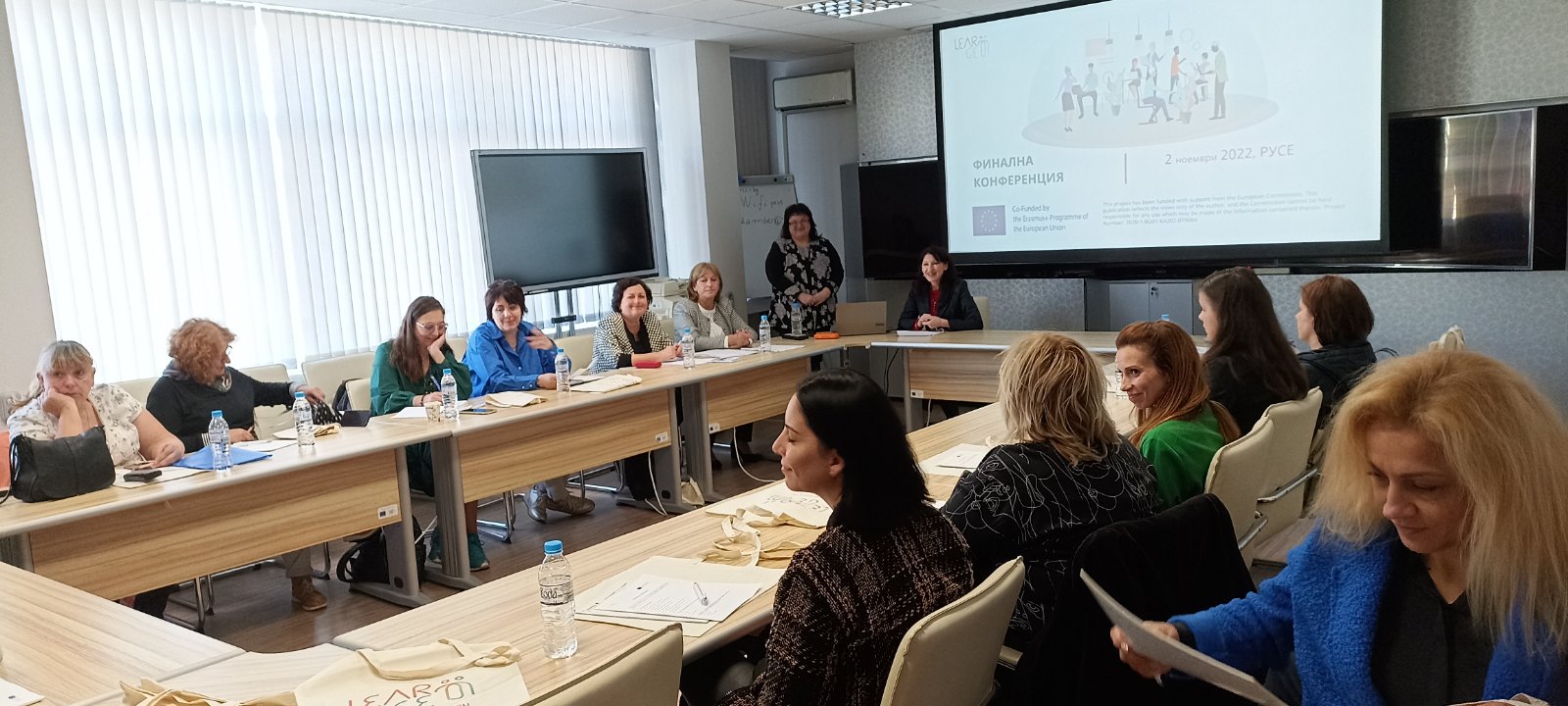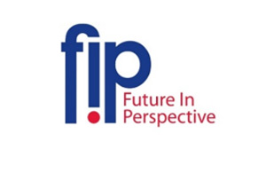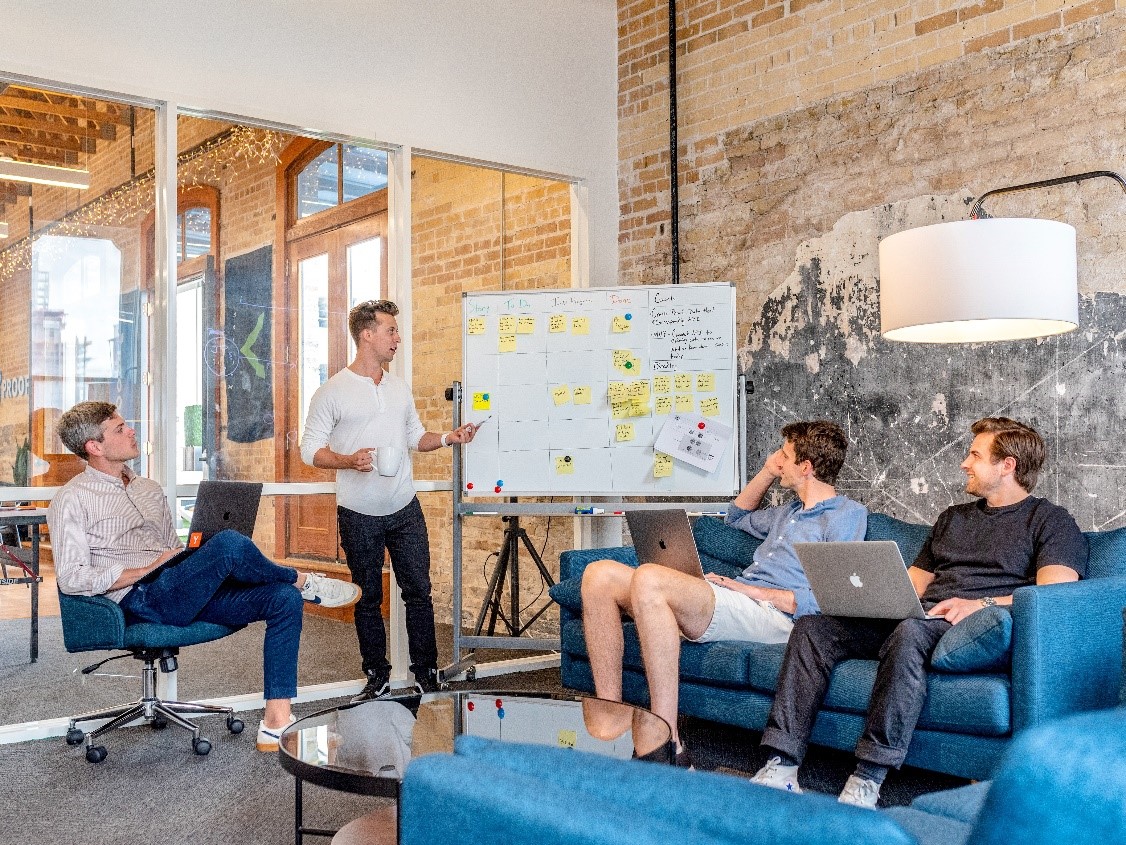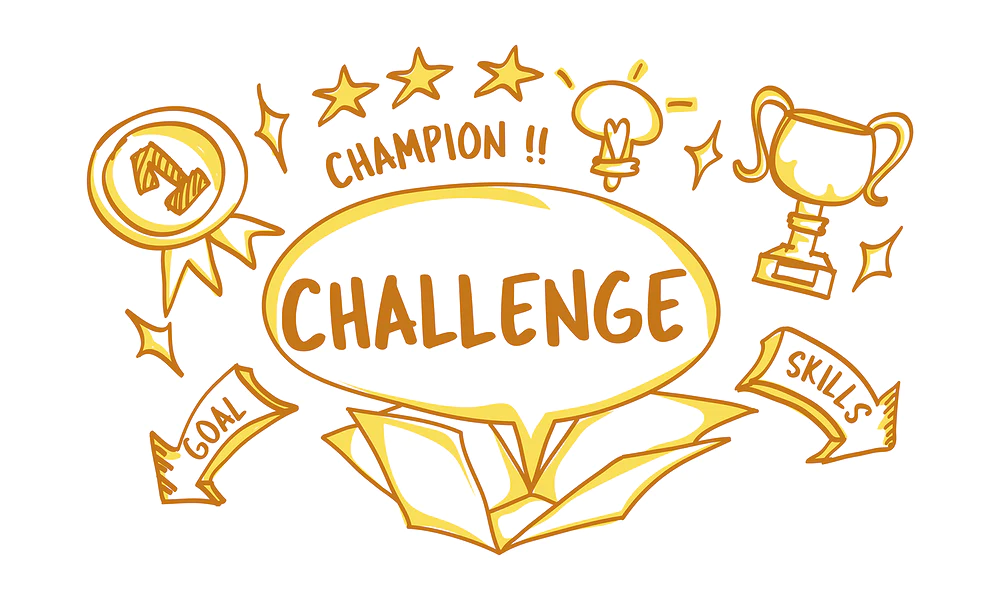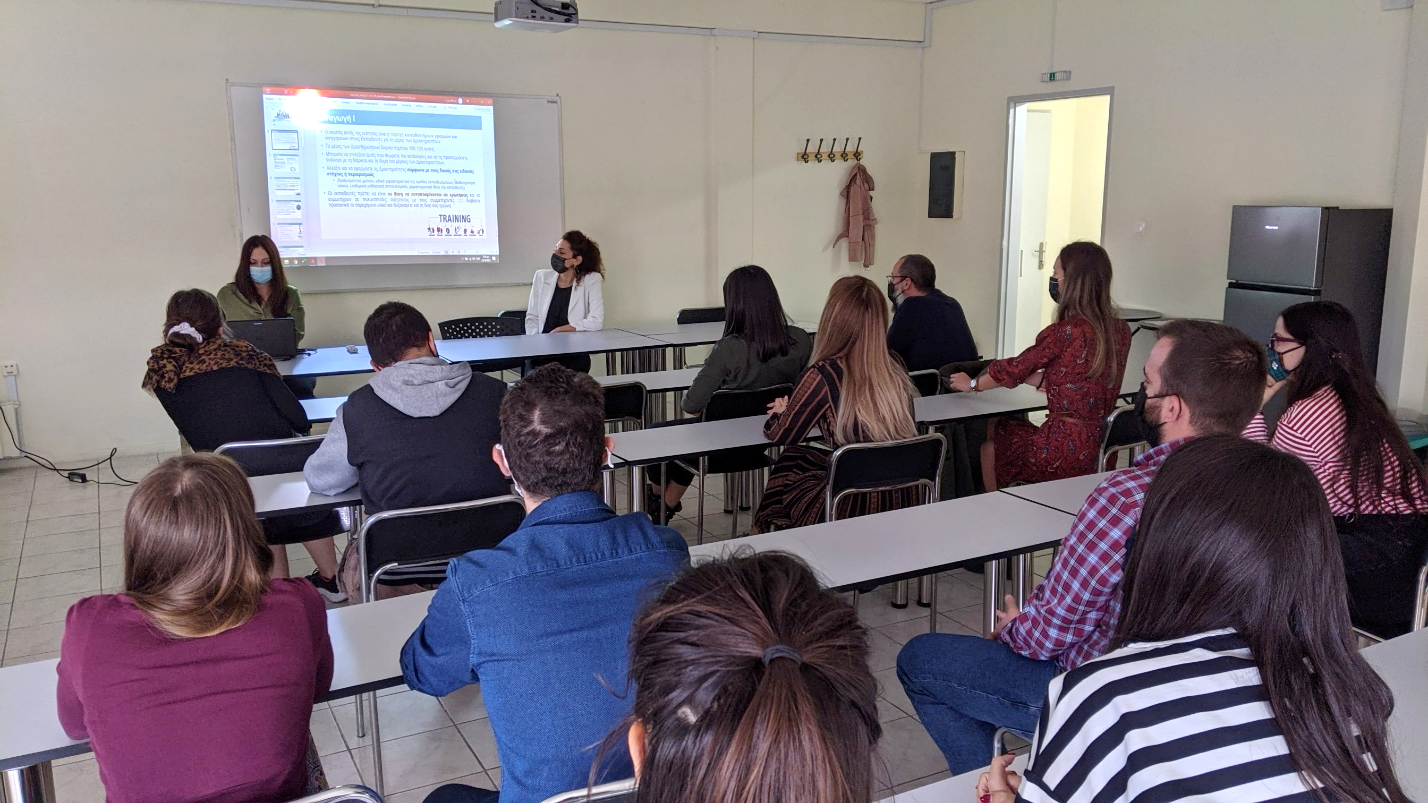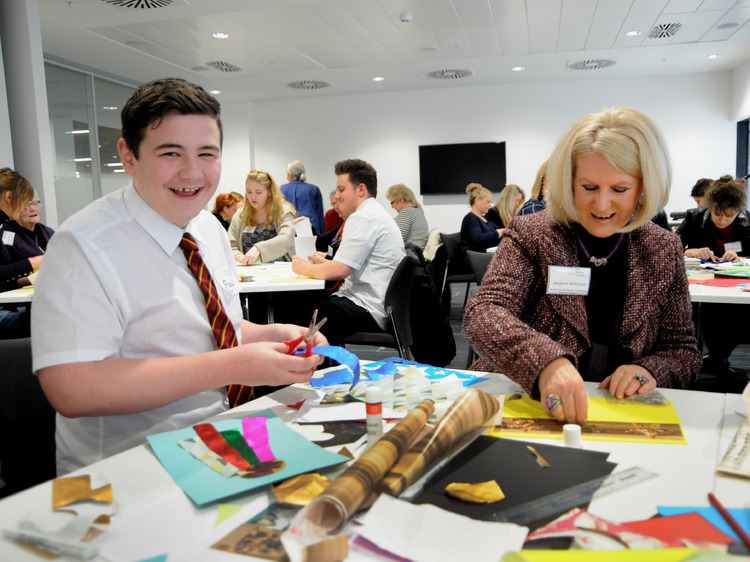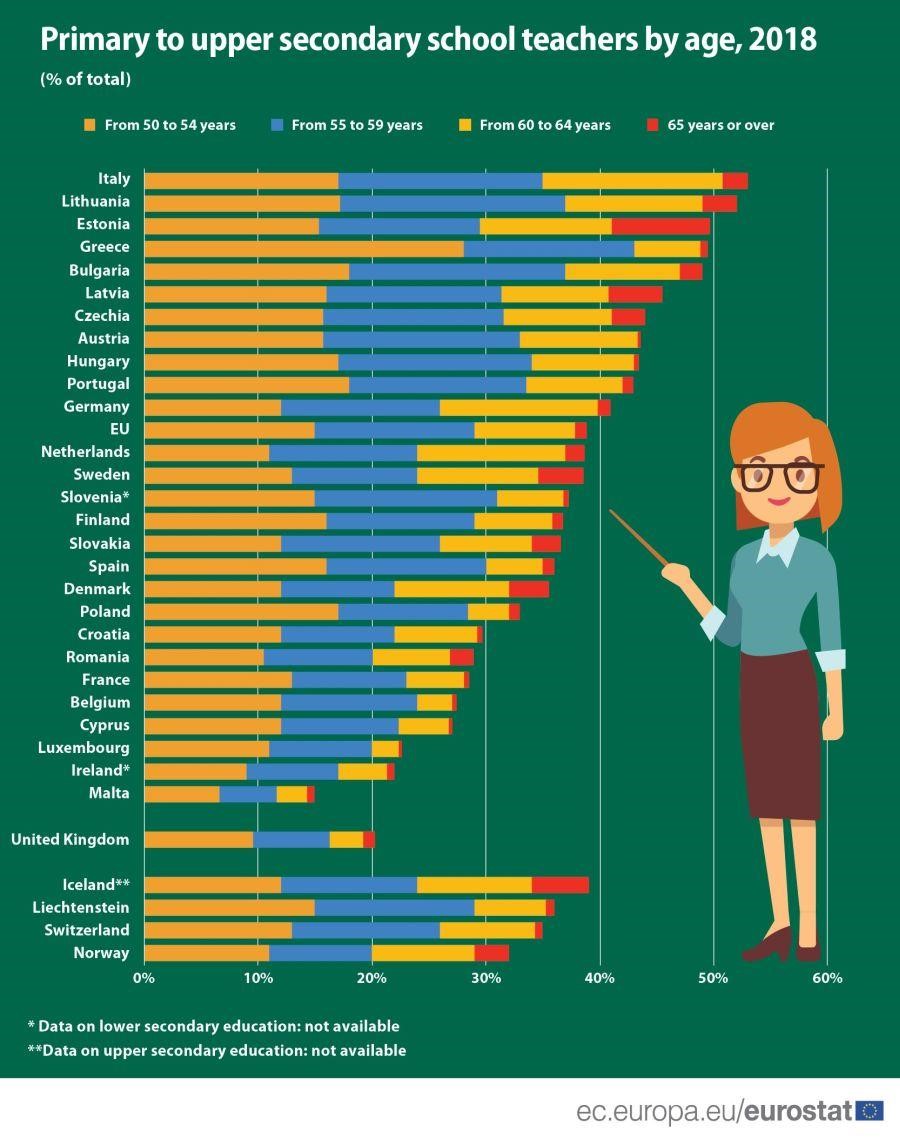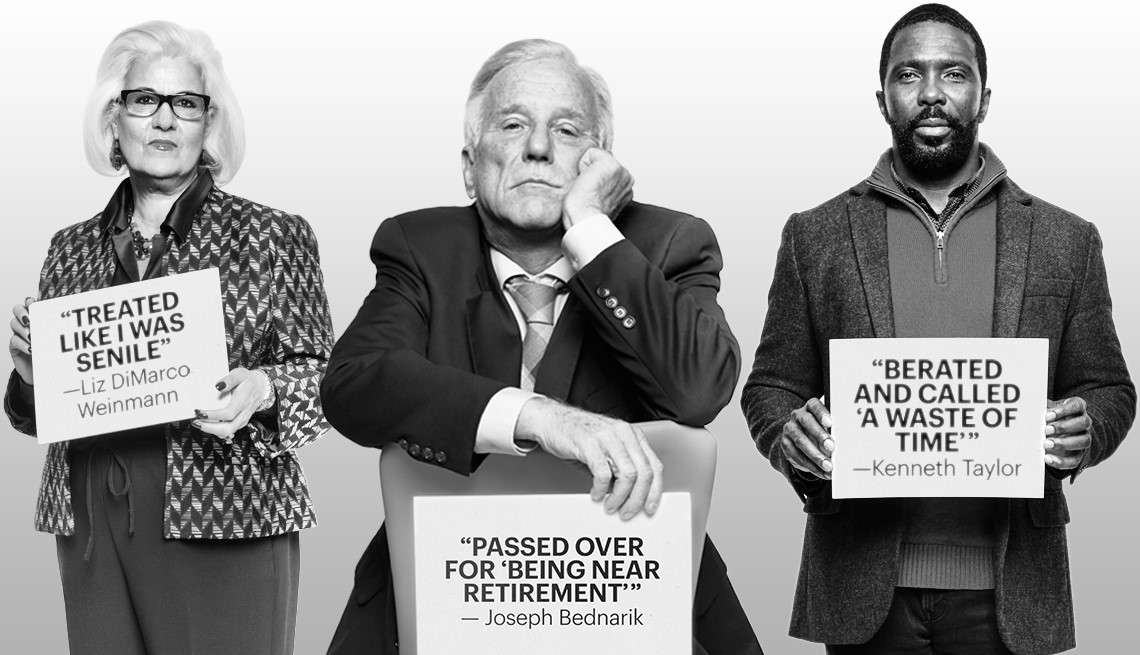Promoting Intergenerational Learning

Work-based intergenerational learning poses a pan-European challenge. Intergenerational learning focuses on endorsing conditions that help all participating generations to recognize and utilize the other generations’ views and opinions, thus profiting from the joint learning.
The differences in accomplishing work-related tasks across generations, should be seen as strengths. Learning, and recognizing the similarities and differences of the process involved in order to accomplishing these tasks it is just the first step to understand the strengths and needs of each generation. Such understanding, can be beneficial for the allocation of working personnel in the most suitable positions. Therefore, the use of socio-demographic environment, skills, experience, knowledge, and know-how of the human resources, can help an organization to support their employees reach their fullest potential, as well as integrate a more efficient knowledge sharing strategy within the organization.
Nonetheless, even if the incorporation of intergenerational learning becomes a priority both for the organizations as well as for the EU, there is not a universally accepted scheme for implementing it. However, following the following steps can help an organization towards creating the necessary external conditions for promoting intergenerational learning: 1) Get an overview of the employees’ age and background, 2) Exchange best-practice examples among businesses that have already applied a similar scheme, 3) Create the conditions for the passing-on of knowledge, 4) Promote the dialogue between generations and share of ideas, 5) Create teams with employees from different backgrounds if possible, 6) Create events for employees’ conversations, 7) Take the needs and strengths of all employees into account.
The European Commission’s support for the production of this website does not constitute an endorsement of the contents, which reflect the views only of the authors, and the Commission cannot be held responsible for any use which may be made of the information contained therein.
Project Number: 2020-1-BG01-KA202-079064
Privacy Policy

